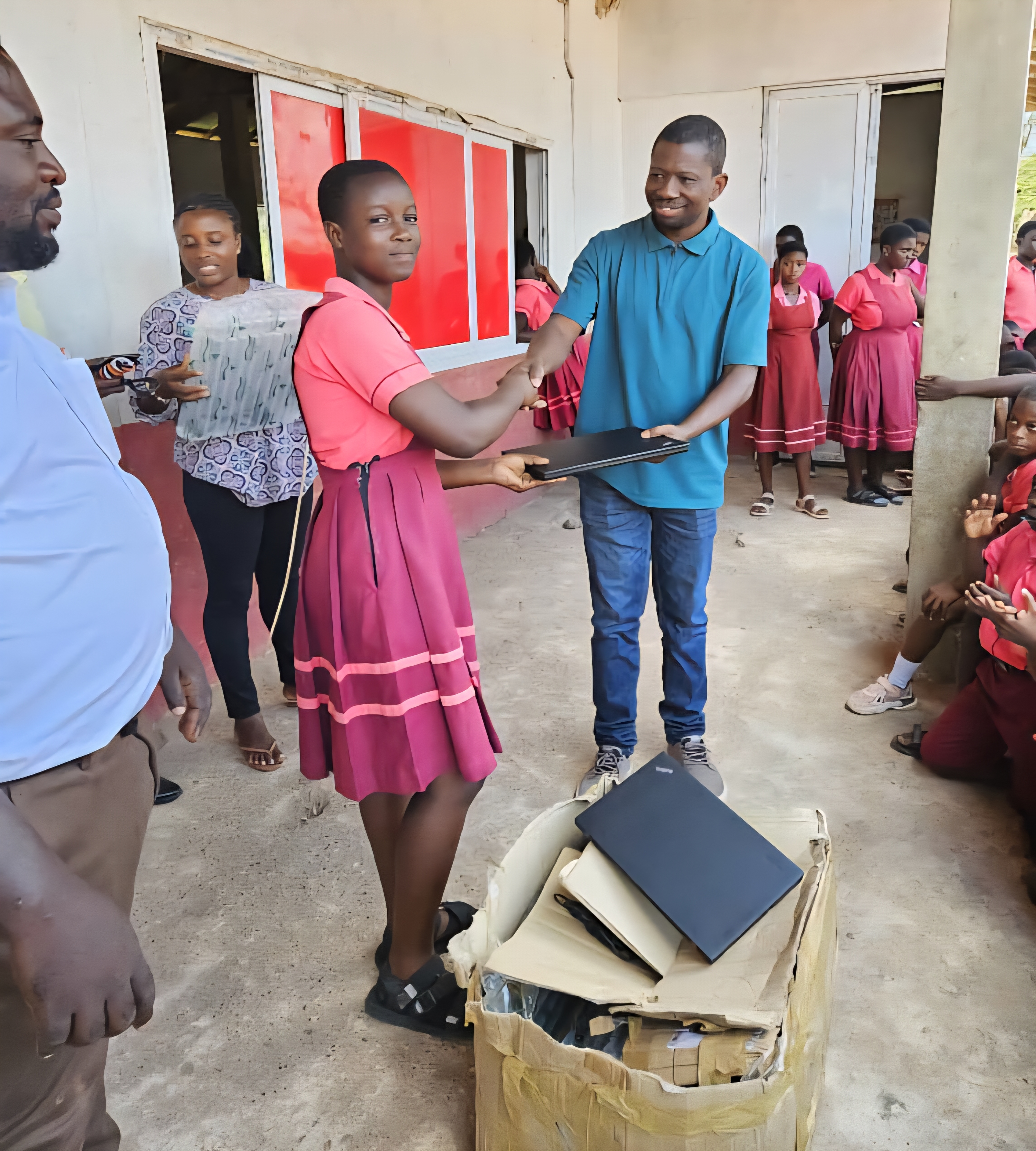The term next of kin usually refers to a person’s closest living relative(s). Individuals who count as next of kin include those with a blood relation, such as children, or those with a legal standing, such as spouses or adopted children.
Your ‘Next of Kin’ is…
-The first contact point if anything happens to you
-Empowered to make decisions for you in times of emergency, where you are not readily available or able to make the decisions yourself.
-Empowered to provide necessary information about you where needed such as confirming your identity
-Positioned to make medical decisions such as providing consent for a medical procedure.
Your ‘Next of Kin’ is NOT…
-In any way entitled to inherit your estate if anything happens to you
-Automatically qualified to inherit your wealth
-Superior to the beneficiaries named in a Will
-Exempted from the legal processes and laws of inheritance
There’s a lot of confusion around the term as it’s generally thought to hold more legal standing than it does. Many people believe that their next of kin can automatically take on legal rights and responsibilities on their behalf, but this is not the case.
In fact, the only situation where someone’s next of kin automatically has the legal right to make decisions on their behalf is when the person is under 18 and their next of kin is their parent or legal guardian.
So many people think that their next of kin is the automatic heir to their account.
But the truth is that if your next of kin is not a signatory to your account, and you don’t have a written WILL to determine that person’s legitimacy, the person will not have access to that money at all.
Your bank will have to go through a process called a LEGAL PROBATE. This probate period helps them determine who gets the money in your account. This is a very very lengthy and expensive process.
Even after the whole process is done, your family will have to forfeit some very reasonable amount of the money for legal fees.
But if you want to avoid this, simply request for your bank to give you something called a POD form. POD stands for PAYABLE ON DEATH. The name of the person you fill in that POD form will determine who will get your money. All the person needs to bring is a death certificate to get that money out.
With a POD form, you will save your family the stress of going through all that lengthy legal process and even loosing some money to the law.
Next-of-kin after death might be necessary to determine someone’s next-of-kin if they were to die without leaving a valid Will. Without any named executors, a next of kin would be responsible for registering the death, organising the funeral and applying for a Grant of Administration in order to be able to administer the estate.
In these situations, the next of kin would usually be determined by the intestacy laws and whoever would be legally considered entitled to inherit the bulk of the person’s estate. In these situations, unmarried partners and/or step-children (unless legally adopted) would not be eligible to act as next-of-kin.
It should however be noted that a next of kin is not necessarily the person intended as direct beneficiary of the deceased’s estate or entitlement.
Sources: Security Guy, Roche Legal
 Pazionmedia.com Pazion Media l Latest News l Politics l Sports l Entertainment
Pazionmedia.com Pazion Media l Latest News l Politics l Sports l Entertainment



